In an address to the Yale Political Union on April 23, 2013, Meena Alexander began with a line from Shelley’s 1821 essay, “A Defence of Poetry.” The resolution—“Poets are the unacknowledged legislators of the world”—led to a lively debate. What follows is a slightly revised version of the text she wrote for that occasion.
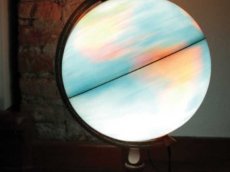
Photo: Valentina Storti
A while back, I was in Colorado in a hall with huge windows that gave out onto the Rockies. I was stunned by the rugged, slashed beauty of the mountains I could see if I turned my head just slightly. As often happens, after a reading came voices from the floor. A woman in a red sweatshirt stood up. She was near the back of the packed hall, and I had to strain to see her—but her voice was loud and clear.
The question ricocheted off the walls: “What use is poetry?” I caught my breath. She might have been Plato’s daughter asking me. I remember the hall as deathly silent. I thought: nothing, there is nothing I can say. Out of my mouth shot a few words, words that, a whole year later, I turned into the unshriven heart of a poem. The poem has a simple enough title—“Question Time”—and it will appear in my book Birthplace with Buried Stones, to be published in October 2013.
Question Time
I remember the scarred spine
Of mountains the moon slips through,
Fox fire in a stump, bushes red with blisters,
Her question, a woman in a sweatshirt,
Hand raised in a crowded room –
What use is poetry?
Above us, lights flickered,
Something wrong with the wiring.
I turned and saw the moon whirl in water,
The Rockies struck with a mauve light,
Sea creatures cut into sky foliage.
In the shadow of a shrub once you and I
Brushed lips and thighs,
Dreamt of a past that frees its prisoners.
Standing apart I looked at her and said –
We have poetry
So we do not die of history.
I had no idea what I meant.
We might think of history as what is rendered up of the past in recorded memory, recorded by those who are in a position to do so, having access to the power of public inscription. But there is an important underground stream of history I have learnt to recognize: secret letters, journals, inscriptions, scribblings on bits of paper smuggled out of prisons. Poetry closer in intent, it seems to me, to this buried stream takes as its purview what is deeply felt, “felt in the blood and felt along the heart, ” as Wordsworth once wrote in lines that lie at the core of a meditation on the past and its impossible nature—impossible, that is, for a consciousness that would seek to return.
Poetry takes as its purview what is deeply felt and is essentially unsayable; that is the paradox on which the poem necessarily turns.
Source: www.worldliteraturetoday.org
You might also like:
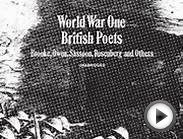
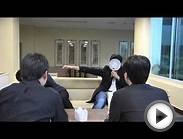
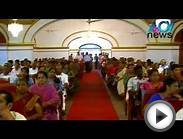
Related posts:
- World Literature in Theory
- World Literature Poetry unit
- World Literature Titles
- World Literature Honors
- World Literature projects
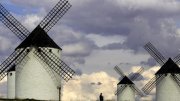
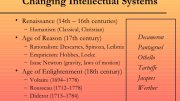


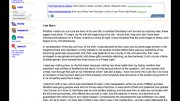

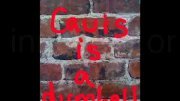

















Here are a few links that may help you find what you are looking for:
Female Sacred Poets:
Sacred Poets by Century:
Links to other Sites:
Your library may have this anthology: A BOOK OF WOMEN POETS: FROM ANTIQUITY TO NOW. Edited by Aliki Barnstone and Willis Barnstone. New York: Schocken Books, 1980.